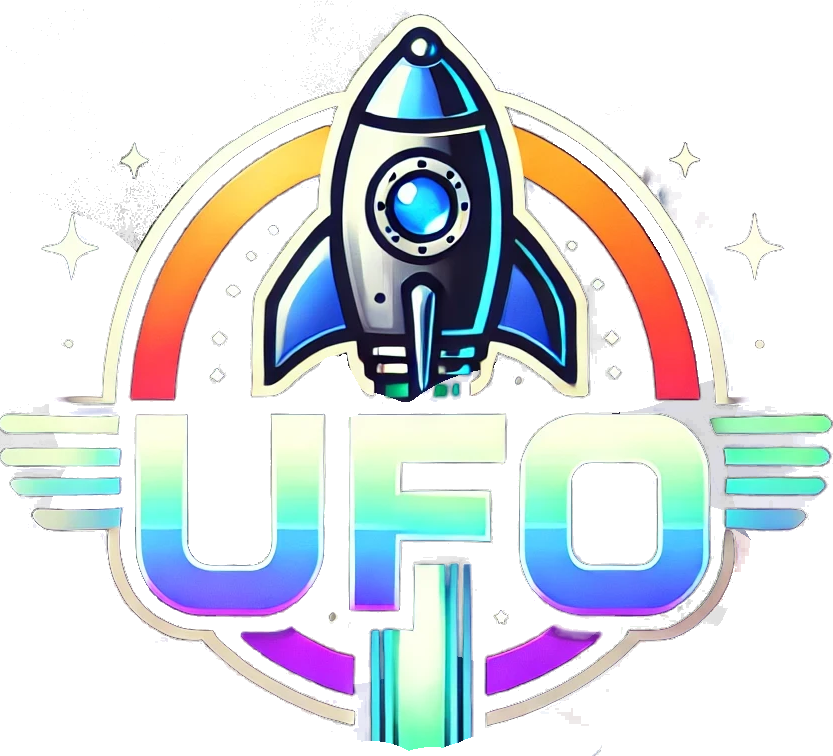Will Alien Life Resemble Life on Earth? Harvard Biologist Jonathan Losos Explains
Watch the newest video from Big Think: https://bigth.ink/NewVideo
Join Big Think Edge for exclusive videos: https://bigth.ink/Edge
———————————————————————————-
Human beings tend think that we—as a species—are very special. We dominate this planet that we’re on, mostly due to our collective intelligence and ability to adapt to this particular climate. But Harvard biologist Jonathan B. Losos has an interesting theory that since there are so many Earth-type planets in our galaxy alone it’s possible that there’s some humanoid looking (at least in the bipedal sense) creatures out there, too. In fact, he posits, they might not even be that far off from the kind we’re used to seeing in Hollywood movies. But he also dips into convergent evolutions, and presents the opposite side of the argument: evolutionary singletons. If you’re interested in learning more, Jonathan’s new book is called Improbable Destinies: Fate, Chance, and the Future of Evolution.
———————————————————————————-
JONATHAN B. LOSOS:
Jonathan B. Losos is a biology professor and director of the Losos Laboratory at Harvard University and Curator of Herpetology at Harvard’s Museum of Comparative Zoology. His research regularly appears in top scientific journals, such as Nature and Science, and he has written a popular series about his work for The New York Times. Losos is the editor in chief of The Princeton Guide to Evolution and a member of the National Geographic Society’s Committee for Research and Exploration. He is the author of Lizards in an Evolutionary Tree: Ecology and Adaptive Radiation of Anoles.
———————————————————————————-
TRANSCRIPT:
Jonathan B. Losos: So this question about the inevitability of evolution, the extent to which the outcomes we see in the world today were destined to occur, has a number of implications.
I mean just most generally it tells us whether how fated evolution was to occur, how the outcome today was destined in a way.
But it has other implications as well that people have long speculated about, and that is: what would life be like on other planets if it is evolved? Would it be like the world today here on Earth or would it be completely different?
And this question has taken on some increased urgency or at least interest in recent years because we now realize that there are many planets out there that are like Earth. We used to think that Earth was perhaps unique and so perhaps life as we know it is unique, because we’re the only place that it could evolve.
But quite the contrary we’ve now discovered that there are lots of what are called “habitable exoplanets”, Some people estimate millions, even billions just in our own Milky Way galaxy. So if that’s the case, if there are that many Earth-like planets – and by Earth-like I mean about the same size, temperature, atmosphere somewhat similar, running water – roughly similar conditions. If there are really that many Earth-like planets many people think that it’s very likely that life has evolved on them.
And so the question is what will that life look like? Well there are those who argue that from the argument of convergent evolution they argue that species facing the same conditions here on Earth evolved the same solutions by natural selection.
They extrapolate to say if conditions on other planets are similar to here then we would see very similar lifeforms, that you arrive on whatever planet you’ll see animal and plant-like organisms that look very familiar. Some people have gone so far as to say that, in fact, human type organisms, humanoids will occur on other planets. So there will be intelligent beings that if we saw them they would be recognizable which, of course, is what Hollywood tells us. If you watch almost any science fiction TV show or movie the intelligent lifeform is bipedal, a couple of arms, a mouth. Maybe they only have three fingers and pointy ears and they’re green, but they’re pretty humanoid.
And so some people say yes, that’s actually very likely that humans are a very successful lifeform here on Earth that we are extremely well adapted to our environment which ancestrally was occurring on the plains of Africa. But we have adapted so exquisitely that we now dominate the world. And so if this is such a good adaptation here on Earth it would similarly be a good adaptation on another planet and evolution would be likely to take the similar course. That is the argument that is being made in some quarters…
Read the full transcript at https://bigthink.com/videos/jonathan-losos-what-might-life-on-other-planets-look-like-a-harvard-biologist-explains
source








